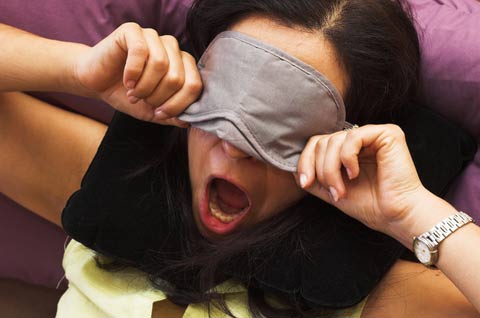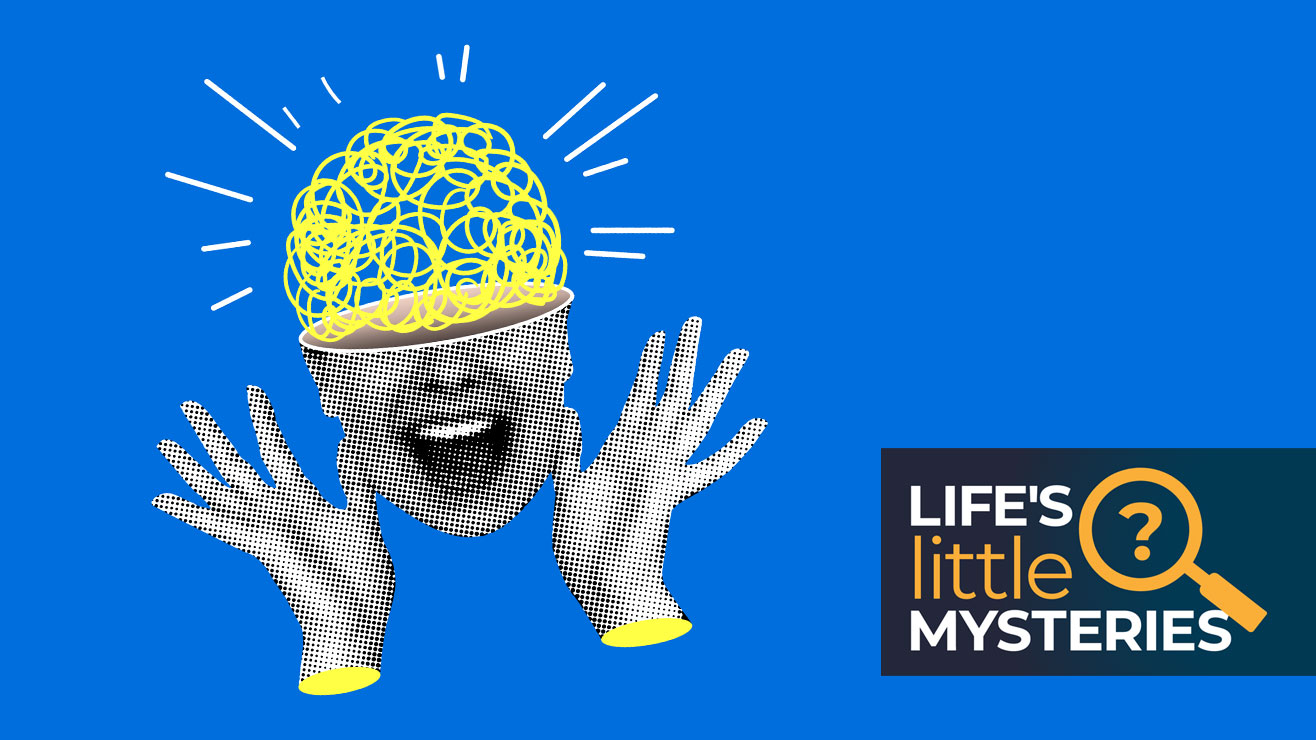All-Nighters Just as Bad as Sleep Deprivation

Staying up too late every night can be just as bad for you as one "all-nighter."
According to new research, the effects of chronic sleep deprivation on the brain are similar to those of acute sleep deprivation.
Dr. Chiara Cirelli, from the University of Wisconsin School of Medicine and Public Health, and her colleagues found that in rats, five consecutive nights of only four hours of sleep had the same effect on the brain as just one night of total sleep deprivation.
Prior research on sleep deprivation has shown a number of negative medical and psychological consequences, including decreased cognitive function, emotional lability, increased blood sugars, weight gain, increased risk of substance abuse, and postpartum depression. "Even relatively mild sleep restriction for several nights can affect an individual’s ability to perform cognitive tasks," Cirelli says. "For instance, recent studies in humans have shown that five days with only four hours of sleep/night result in cumulative deficits in vigilance and cognition, and these deficits do not fully recover after one night of sleep, even if 10 hours in bed are allowed," says Cirelli.
To measure the effects of chronic and acute sleep deprivation in the brains of rats, Cirelli and her team kept the rats awake for 20 hours a day over a five day period while constantly recording their brain waves with an electroencephalogram (EEG). An EEG measures electrical activity in the brain. The EEGs were used specifically to measure slow wave activity (SWA), which gives information about the deepness of sleep and about the individual’s need to sleep.
The higher the SWA levels, the greater the need for sleep. "Monitoring SWA levels during waking time is very important in understanding the whole picture," according to Cirelli. "High SWA levels during periods of both sleeping and waking signal that you need to go to sleep."
According to the rat SWA measures, the sleep restriction produced intense recovery sleep following each wake cycle, with both longer and deeper sleep. The more effective the researchers were in keeping the animals awake during those 20 hours, the larger the sleep rebound they saw during the following four hours.
Get the world’s most fascinating discoveries delivered straight to your inbox.
They found that SWA levels increased during both the four-hour sleep periods and during the recovery period following the five days of restricted sleep.
Even when the rats were awake, their levels of SWA were higher, showing that their brains were affected by the sleep restriction. “It was an indirect but powerful indication of how sleepy the animals actually were,” Cirelli says.
The researchers also found that SWA levels were different in different areas of the brain, and they theorize that this may depend on what parts of the brain had been used during the waking period.
"Slow-wave activity reflects the fact that sleep is regulated by homeostasis: in general, the longer we stay awake, the higher is SWA in the subsequent sleep. We knew that this was true after acute total sleep deprivation (for instance when we stay up all night); now we found that this is also true after chronic sleep restriction," Cirelli notes.
Cirelli’s results add to the growing evidence scientists are accumulating about the negative effects of restricted sleep for both the brain and the body. Knowing that sleep restriction evokes the same brain response as sleep deprivation will help scientists better understand the harmful effects of sleep disturbances, according to Cirelli. "Scientists have learned much from 40 years of studies on total sleep deprivation," she says. "Now we know we can apply the lessons we learned from acute sleep deprivation to chronic sleep restriction, which is very relevant to people’s lives today."
Cirelli’s results can be found in the August 3rd edition of the Proceedings of the National Academy of Science.
- Top 10 Spooky Sleep Disorders
- 5 Things You Must Know About Sleep
- New Thoughts on Sleep Deprivation



